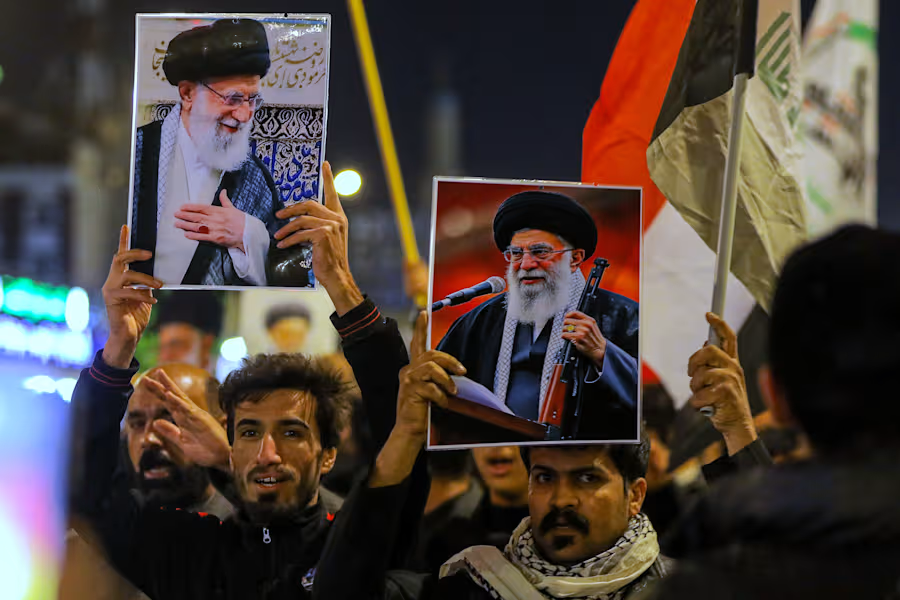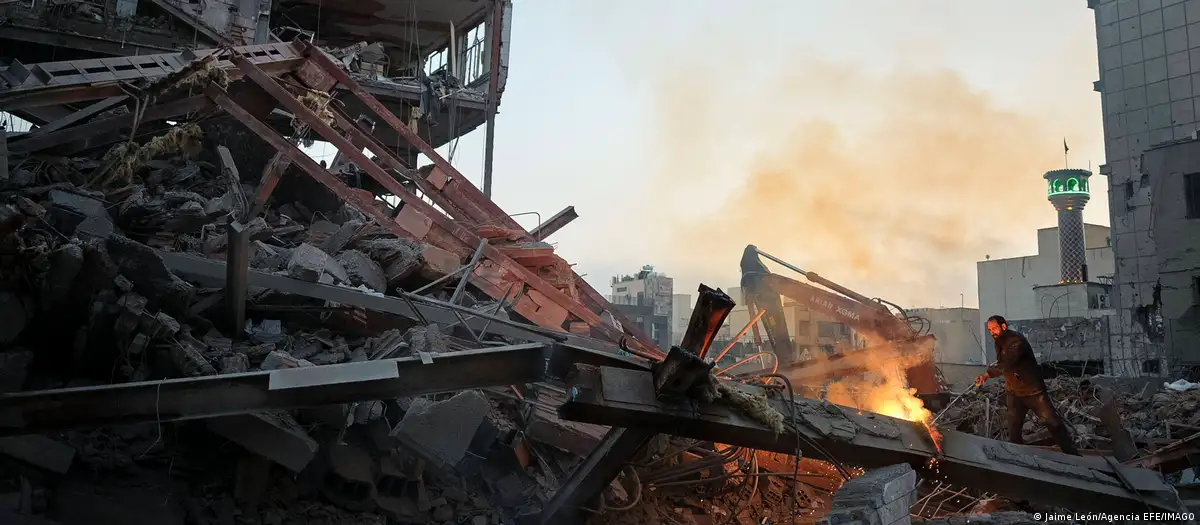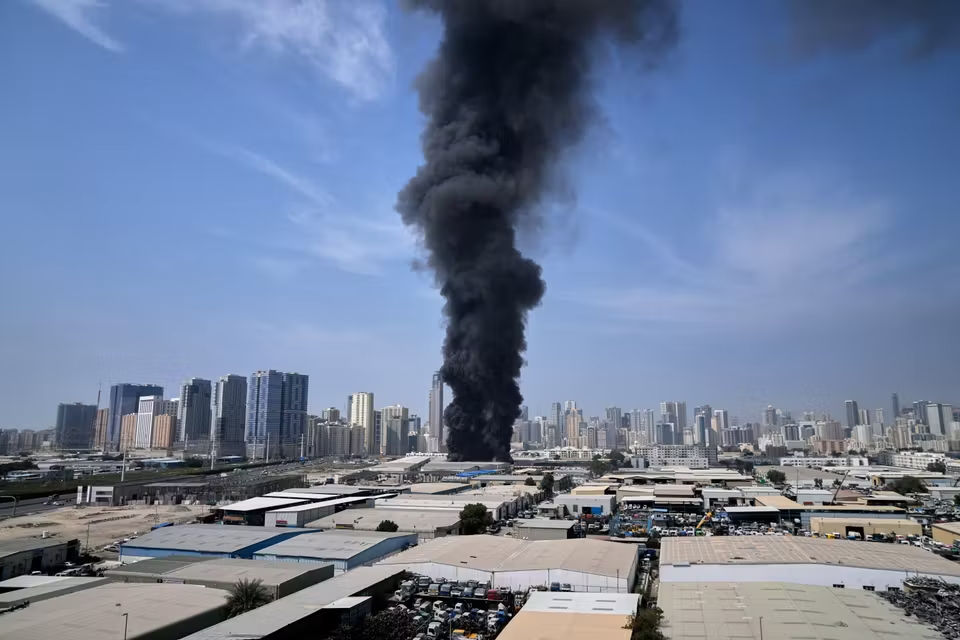Israel’s Supreme Court is hearing a case over the alleged failure to provide sufficient food to Palestinian prisoners. The ruling comes after years of complaints by human rights groups that thousands of Palestinian inmates in Israeli prisons face hunger and malnutrition.
Many of these prisoners are accused of terrorism-related activities, but following the recent escalation of conflict, thousands more have been detained. Human rights organizations have long warned that poor prison conditions, combined with policy gaps and food shortages, are causing serious health issues among inmates.
On Sunday, a panel of three judges stated that Israeli law obligates authorities to ensure prisoners receive adequate nutrition. The court’s decision follows a petition filed by the Association for Civil Rights in Israel (ACRI), demanding immediate government action. Following the ruling, the organization stressed that the verdict must be implemented without delay to protect prisoner welfare.
However, the court ruling has faced criticism from Israeli officials. Security Minister Itamar Ben Gvir described the judgment as unfair, pointing out that Israeli hostages held in Gaza do not have access to a Supreme Court. He asserted that under Israeli law, prisoners accused of terrorism will only receive minimum legal provisions.
The humanitarian and legal concerns are unfolding amid stalled ceasefire negotiations. On Sunday night, U.S. President Donald Trump issued a stark warning to Hamas, urging the group to comply with agreed conditions. He emphasized that this was the final warning, leaving no room for further delay. Hamas, however, responded by stating it is ready to engage in negotiations based on new U.S. proposals. Trump indicated that a Gaza agreement and the release of hostages could happen soon, though he warned that not all hostages might survive the conflict. Currently, 48 hostages remain in Gaza, with estimates suggesting about 20 are alive.
Israeli Prime Minister Benjamin Netanyahu has reiterated that freeing prisoners can only be achieved through a complete military victory over Hamas. Yet, internal pressure on the Israeli government is growing. Thousands of Israelis took to the streets last Saturday, demanding an end to the fighting and the release of detainees.
Casualty figures in Gaza continue to rise. Health authorities in Gaza reported at least 87 deaths in the past 24 hours. Since October, the Hamas-run Ministry of Health claims that over 64,368 Palestinians have been killed. While the United Nations considers its statistics credible, Israel disputes these figures.
International humanitarian organizations face obstacles in monitoring prisoner welfare. The International Red Cross has been denied access to Palestinian prisoners in Israeli custody. Released Palestinian inmates previously told international media that they had experienced abuse and inhumane treatment while in detention.
In recent military developments, Israeli airstrikes have destroyed multiple buildings in Gaza City, including Mustaha Tower, Susi Tower, and Al-Rowa Building. These attacks were the third in as many days. Israel’s military claimed that the buildings housed Hamas intelligence offices and explosives. Palestinian authorities rejected these claims, stating the strikes were unfounded and primarily targeted civilians. Although residents were warned prior to the attacks, many nearby tents and shelters suffered damage, causing further hardship for civilians.
Experts note that the humanitarian crisis of Palestinian prisoners and the broader conflict in Gaza are deeply intertwined. The continuation of military actions, stalled ceasefire talks, and growing international pressure have intensified the situation. Without political solutions, analysts warn that further bloodshed is inevitable.
The Supreme Court ruling on Palestinian prisoners’ food is being seen as a critical test of Israel’s legal and humanitarian obligations. Observers say that immediate compliance with the verdict is necessary to prevent worsening malnutrition and suffering among inmates, while international and domestic pressures push for broader conflict resolution.







